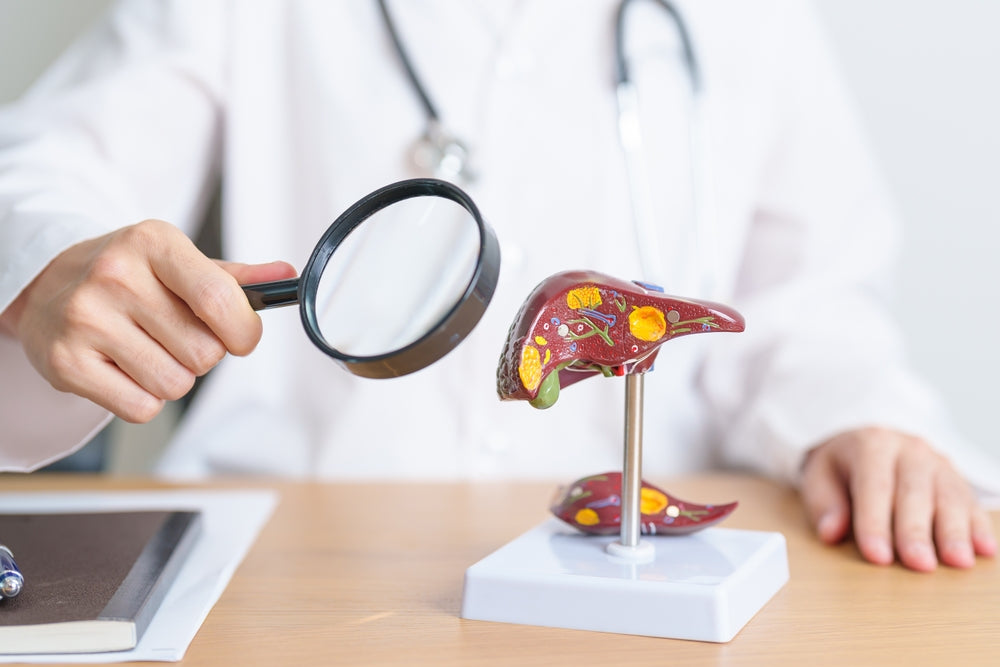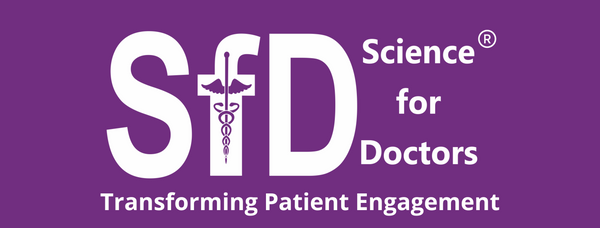
The Liver: Your Body’s Silent Powerhouse
Share
The liver is one of the most vital organs in the human body, quietly performing over 500 essential functions to keep us alive and healthy. Despite its significance, many people underestimate its importance until something goes wrong. This blog explores the structure, functions, common liver diseases, and tips for maintaining a healthy liver.
Anatomy and Location of the Liver
The liver is the largest internal organ, located in the upper right part of the abdomen, beneath the diaphragm and above the stomach. It weighs about 1.4 kg (3 pounds) and has a reddish-brown color due to its rich blood supply. The liver is divided into two main lobes, each made up of smaller functional units called lobules.
Key Functions of the Liver
The liver is a multitasking organ responsible for numerous crucial processes, including:
1. Detoxification
The liver filters and removes toxins, alcohol, and harmful substances from the bloodstream. It breaks down drugs and chemicals, making them easier for the body to excrete.
2. Metabolism
- Carbohydrate Metabolism: The liver stores glucose as glycogen and releases it when the body needs energy.
- Fat Metabolism: It breaks down fats and produces bile, which helps digest and absorb fats.
- Protein Metabolism: The liver synthesizes proteins and removes ammonia from the body, converting it to urea.
3. Bile Production
Bile is a yellow-green fluid produced by the liver and stored in the gallbladder. It helps digest fats and absorb fat-soluble vitamins (A, D, E, and K).
4. Blood Regulation
The liver regulates blood clotting by producing clotting factors. It also stores vitamins and minerals, such as iron, and releases them as needed.
5. Immune Support
The liver plays a role in the immune system by removing bacteria and old or damaged cells from the blood.
Common Liver Diseases
1. Fatty Liver Disease
- Non-Alcoholic Fatty Liver Disease (NAFLD): Caused by the buildup of fat in liver cells, unrelated to alcohol consumption.
- Alcoholic Fatty Liver Disease: Caused by excessive alcohol intake.
2. Hepatitis
Inflammation of the liver, often caused by viral infections (Hepatitis A, B, C, D, E). It can also result from autoimmune diseases, toxins, or drug use.
3. Cirrhosis
A chronic liver disease characterized by scarring (fibrosis) and impaired liver function. It can result from prolonged alcohol use, hepatitis, or fatty liver disease.
4. Liver Cancer
Hepatocellular carcinoma (HCC) is the most common type of primary liver cancer. Risk factors include chronic hepatitis B or C infection, cirrhosis, and heavy alcohol use.
5. Liver Failure
A life-threatening condition where the liver loses its ability to function properly. It can occur suddenly (acute liver failure) or develop over time (chronic liver failure).
Signs and Symptoms of Liver Problems
- Jaundice (yellowing of the skin and eyes)
- Abdominal pain and swelling
- Chronic fatigue
- Nausea and vomiting
- Dark urine and pale stools
- Loss of appetite
- Itchy skin
Tips for Maintaining a Healthy Liver
1. Eat a Balanced Diet
- Include plenty of fruits, vegetables, whole grains, and lean proteins.
- Limit intake of fatty, sugary, and processed foods.
- Avoid excessive salt, as it can lead to water retention and liver strain.
2. Maintain a Healthy Weight
Obesity increases the risk of fatty liver disease. Regular exercise and a healthy diet can help maintain a healthy weight.
3. Limit Alcohol Consumption
Excessive alcohol intake is a major cause of liver damage. Limit your alcohol consumption or avoid it altogether.
4. Stay Hydrated
Drink plenty of water to help the liver flush out toxins.
5. Avoid Toxins
Reduce exposure to chemicals, pesticides, and toxins that can harm the liver. Use protective gear when handling chemicals.
6. Practice Safe Medication Use
Take medications only as prescribed. Avoid mixing drugs with alcohol and be cautious with over-the-counter painkillers like acetaminophen.
7. Get Vaccinated
Vaccines are available for hepatitis A and B. Talk to your doctor about getting vaccinated if you're at risk.
8. Exercise Regularly
Physical activity helps reduce liver fat and improves overall health.
Conclusion
The liver is a remarkable organ that plays a central role in maintaining the body’s overall health. By adopting a healthy lifestyle and making mindful choices, you can support liver function and prevent liver diseases. Regular check-ups and early detection are also key in managing liver health effectively. Remember, a healthy liver means a healthier life
